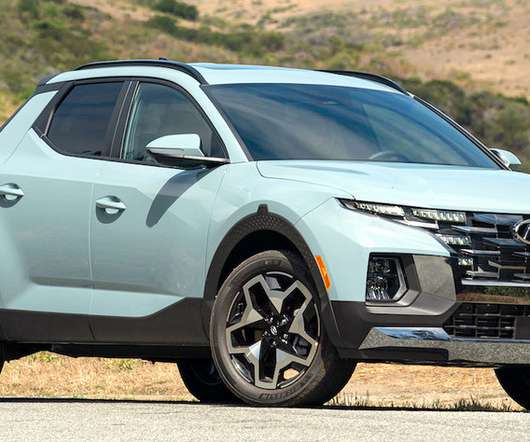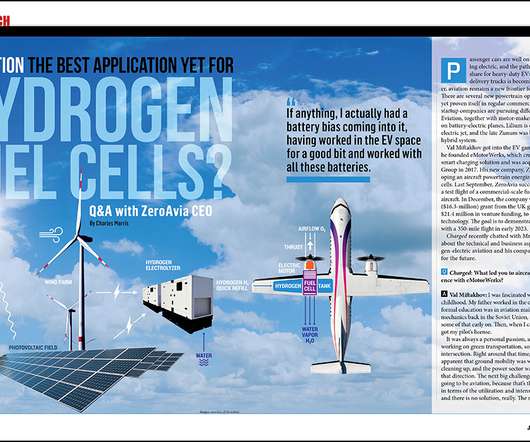Colorado State University Forecasters Predict Above-Average 2010 Hurricane Season
Green Car Congress
APRIL 7, 2010
The Colorado State University forecast team predicts an above-average 2010 Atlantic basin hurricane season based on the premise that El Niño conditions will dissipate by this summer and that anomalously warm tropical Atlantic sea surface temperatures will persist. Phil Klotzbach, lead forecaster on the CSU Hurricane Forecast Team.


















Let's personalize your content